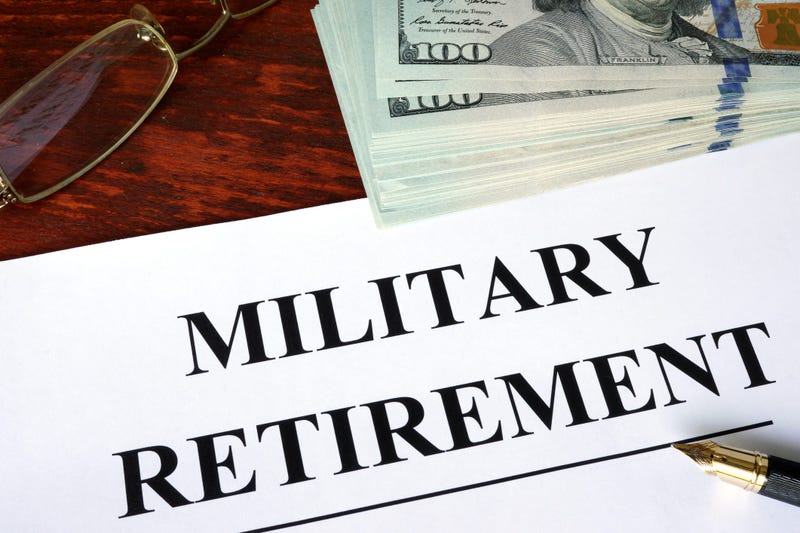
Sen. Joni Ernst, R-Iowa, is pushing legislation to hold the Department of Veterans Affairs accountable for not protecting vets from “pension poachers” who target their benefits.
The Financial Refuge for Every Elderly (FREE) Veteran Act places a penalty of a fine or imprisonment of up to a year for individuals or organizations that provide assistance, advice or representation to veterans regarding their benefits and pensions without proper licensing from the VA.
Companies involved in pension poaching often coordinate with the VA on the veterans’ behalf to secure benefits, while charging excessive fees without properly registering with the VA to manage those benefits. Currently, there is no penalty for these scammers and the VA Office of General Counsel (OGC) does not provide any oversight of the process.
“For years, lawmakers of both parties have failed to act on the problem, or even made it worse,” Ernst said in a statement. “There’s simply no excuse for that and I hope my colleagues will take action now.”
Ernst’s legislation is in response to a recent Government Accountability Office report that implicated 200 companies for improperly charging elderly veterans a large portion of their benefits.
According to the GAO report, VA paid $3.2 billion in total pension benefits to 232,000 recipients of aid and attendance in fiscal year 2018. Aid and attendance pension benefits may be available to veterans if they need help performing daily activities such as bathing or changing. Typically, these vets are 80 or older.
Scams that targeted these veterans include being overcharged for home care, being charged for services they did not receive, and getting bad investment advice from financial services organizations.
“VA does not centrally collect and analyze information, such as complaints made against companies, that could show the prevalence of these scams, help VA target outreach to veterans, and help law enforcement go after scammers,” the report reads.
VA’s applications do not warn veterans about exploitation or scams: and VA does not always verify direct deposit information on applications, which could lead to payments being stolen, the GAO report continues.
“In contrast, the Social Security Administration verifies this information by reviewing individuals’ checks or account statements,” the report continues.
The GAO made four recommendations in its report, including that the VA collect better information on potential financial exploitation; post warnings on applications; and examine if it should take more steps to verify veterans’ direct deposit information.
“VA agreed in principle with the need to collect better information, but its proposed actions do not fully address our concerns,” the report reads. “VA agreed with the other three recommendations.”
The legislation is supported by the National Guard Society, the National Association of County Veterans Service Officers, and the Iowa County Veterans Service Officers.
78 percent of vets say they’re targeted by scams.VA should do more to protect them, Congress says
VA could better protect veterans from financial scams, watchdog report says
